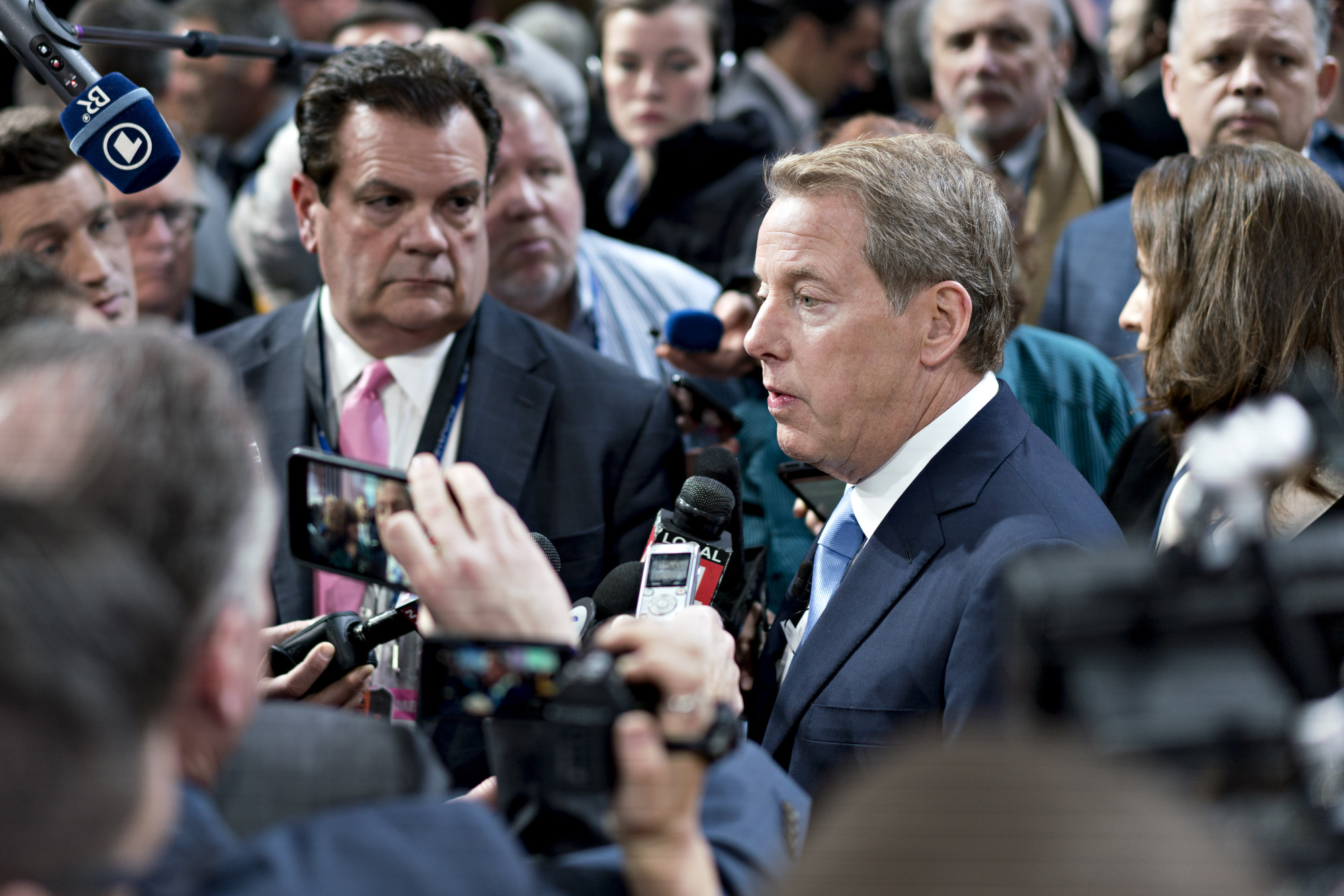Global automakers, rarely shy about marketing themselves with glitz and confidence, are noticeably more sober about how customers may react to their own upcoming electric vehicle lineups.
Big-truck king
Ford Motor Co., for example, said at this week’s Detroit auto show that it’s more than
doubling electric-car spending to $11 billion — and in the same breath added that the “only question” now is whether customers would actually go for the product.
BMW AG flagged that buyers will have to expect to pay up for the pricey technology. And
Daimler AG revealed it’s concerned about competing in a pool of “everybody and his brother” for what’s been until now a tiny fraction of the market.
With regulators worldwide cracking down on internal-combustion engines, automakers have been rushing to add plug-in hybrid and battery-powered models. Most will hit showrooms starting next year, like BMW’s first electric Mini, or in 2020 like Ford’s Mach 1 battery-electric performance SUV.
But because the monumental shift is largely driven by regulators, rather than consumer demand, the payoff remains uncertain. Daimler estimates it will take until at least 2025 for electric cars to reach cost parity with combustion engine models, said Ola Kaellenius, its head of development.
Here are additional thoughts on the topic from executives at this week’s North American International Auto Show in Detroit:
Ford’s ‘All In’
After Tesla Inc. surpassed Ford’s market value last year, the Dearborn, Michigan-based mass-manufacturer
upped its spending plans from those announced in late 2015.

Bill Ford, executive chairman of Ford Motor Co., center right, speaks to members of the media at the Detroit auto show on Jan. 14.
Photographer: Andrew Harrer/Bloomberg
“This $11 billion you’re seeing, that means we’re all in now,” Executive Chairman Bill Ford told reporters in Detroit. “The only question is will the customers be there with us, and we think they will.”
Still, the demand’s not here yet. “It all points to a market that will be more robust,” Jim Farley, Ford’s executive vice president and president of global markets, said in an interview.
“But it is not here today. It is a leap of faith,” he said. “I think we’ve done our homework and this is what Ford does.”
‘Not for Free’
BMW, which already sells the $44,450 i3 electric city car, said it plans to offer EVs at a premium to combustion-engine vehicles while also cutting costs elsewhere in the business.
“We will have to make the customer aware that he has to pay an add-on price for electric-powered cars,” Chief Financial Officer Nicolas Peter said. “This technology is not for free.”
“The i3 has a strong price position in the market if you compare it to other relatively small cars — it comes along with a higher price,” he said. “At the same time, we are identifying areas in our engineering process to bring down costs. So having an equation of higher prices on the one hand and further cost reductions on the other, that way we’ll be able to keep our strong margin.”
Crystal Ball Needed
Dieter Zetsche, chief executive officer of Daimler, said he thinks electric cars will grow out of their current sales niche.
“You need a big crystal ball to make any prediction about the electric vehicles market. Our planning assumption is 15 percent to 25 percent for us in 2025 for pure electric cars,” he said. “That’s already a range and not a safe bet, of course.”
“Now it’s Tesla and then everybody and his brother. We will see if demand will drive our sales or whether we’re all trying to catch the last customer out there,” he said. “When the offerings are getting better, the interest grows. I do believe electric vehicles will get out of their small niche they’re in today. How fast and how big, we’ll see.”
Planning Smaller Returns
Herbert Diess, CEO of Volkswagen AG’s namesake brand, said electric vehicles are set to deliver much smaller returns.
“We plan to have a positive return on our electric cars from the start,” Diess said at the reveal of VW’s revamped Jetta sedan. “Maybe not as much as on a Tiguan but maybe like on a Polo,” referring to its sport utility vehicle and compact car models.
Can’t Force Buyers
Nissan Motor Co. President Hiroto Saikawa said one hurdle is understanding what will draw buyers.
“The U.S. market is the most difficult to read. At the end of the day, the customers, the users, will decide. We cannot force them to buy, and we cannot force the government to change,” he said. “What we can do is to properly prepare, and this is exactly what we’re going to do.”
